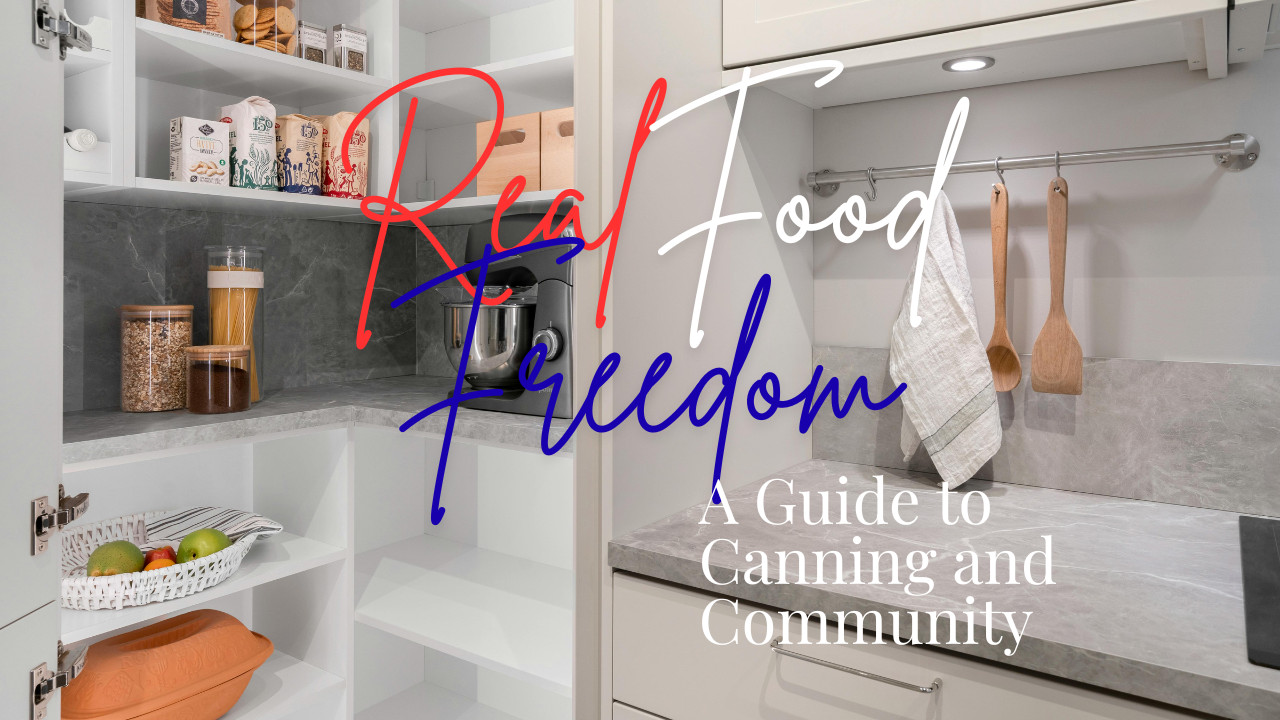
By Molly Bravo, Founder of Wylder Space
What Does Freedom Taste Like?
Every Fourth of July, we light the sparklers, gather around the grill, and celebrate independence with burgers and pie. But lately, I’ve been asking myself — what does real freedom taste like?
I think about sun-warmed tomatoes off the vine. A jar of peach jam, made from scratch. A bubbling crock of kraut on the counter. I want the freedom to eat REAL nutrient dense food. I want to know where my food comes from, how it is grown, and that I can feed my family no matter what’s happening in the world.
If you're anything like me, you're craving something deep — more connection, more intention, more purpose. That’s why I wrote The Essential Canning & Food Preservation Cookbook. I wanted to create a book that didn’t just teach recipes — it restored a lifestyle. One that our grandmothers knew intimately. One rooted in skill, sovereignty, and sisterhood.
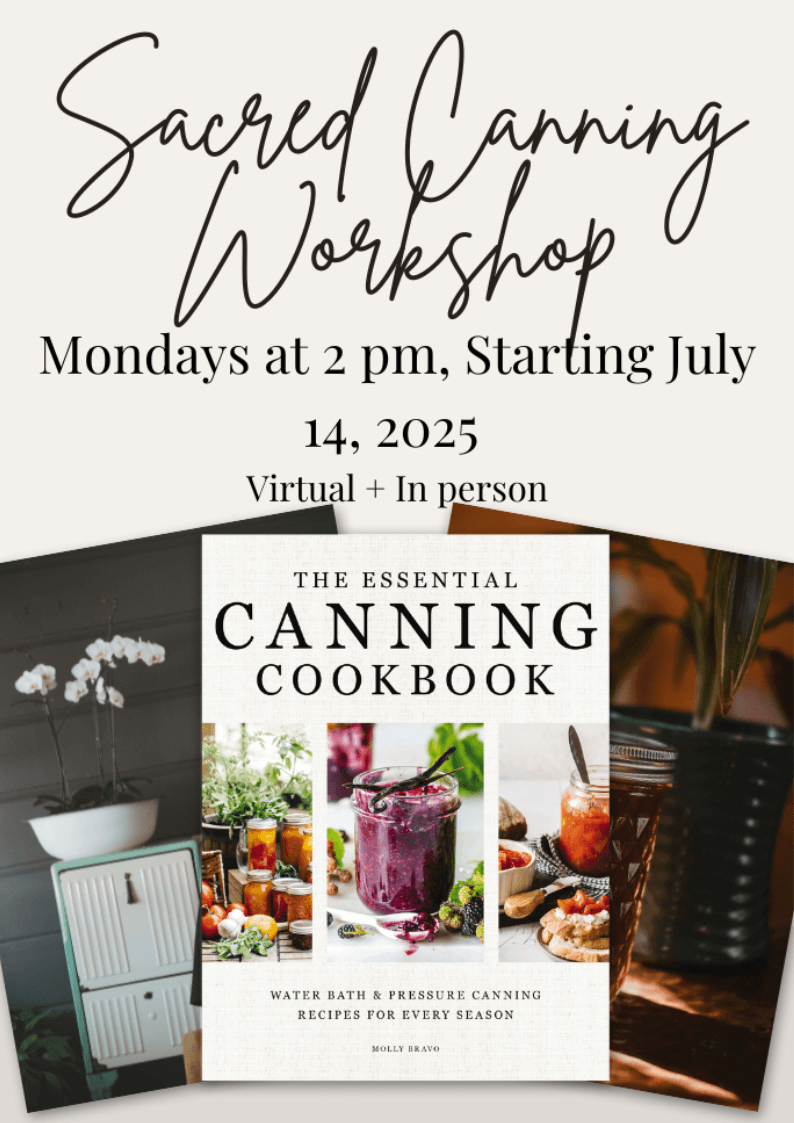
The Backstory: Why We Wrote the Essential Canning Cookbook
In 2020, like many others, I started to feel the cracks in our food system more than ever. I’ve always been drawn to the old ways — gardening, cooking from scratch and preserving family tradition. But something shifted. I realized this knowledge was about to be lost. In just 2 short generations, we've almost completely lost sight of the wisdom our grandparents lived intimately. The knowledge of our elders felt like critical information that needed to be preserved.
So I gathered everything I knew — from 20+ years of cooking, catering, and interviewing my 88 year old father. I gathered my grandmothers recipe box and began researching what life was like in the Great Depression. I poured it into one guide. Our cookbook is designed for today’s woman who’s juggling kids, home, career, and dreams of a simpler life.
You don’t need a farm or a fancy kitchen to start home canning and preserving food. In fact, you can begin, without fancy tools and gadgets. I always like to remind people that our ancestors preserved food for thousands of years WITHOUT fancy tools.
The Forgotten Legacy of Victory Gardens & Canning Circles
During the Great Depression and WWII, Americans were urged to grow food in “Victory Gardens.” Nearly 20 million families stepped up, producing 40% of the nation’s veggies by 1943. But what most people forget is what happened after the harvest — women gathered to preserve it.
Church basements and schoolhouses filled with women water-bath canning tomatoes, making jams, and fermenting kraut. These canning circles built community. They were about strength, sisterhood, and survival.
And now, we’re bringing them back.
Food Sovereignty Is the New Freedom
Food sovereignty means having the power to decide what you eat, how it's grown, and how it's shared. It’s the ultimate act of rebellion in a world that wants us dependent, distracted, and depleted.
When we gather in our kitchens to preserve food, we’re reclaiming our right to nourish ourselves and our families on our terms.
Why Canning Is More Than Just “Putting Up Food”
- Save Money: Seasonal produce is cheaper — especially in bulk. Preserve it, and you’ll cut your grocery bill in half.
- Improve Quality: No preservatives, no plastics, just real food the way it’s meant to be eaten.
- Preserve Wisdom: These are the skills our great-grandmothers used to keep families alive. Let’s pass them on.
- Build Community: Join a canning circle and rediscover the power of showing up for each other.
- Earn from Home: Use these skills to start a cottage food business and bring in real income — on your own time.
Your Cottage Kitchen: Yes, You Can Legally Sell What You Make
Under California’s Cottage Food Law, you can legally sell shelf-stable foods made from your home kitchen — no commercial kitchen needed.
- Class A Permit: Sell directly to customers at farmers markets, pick-up locations, or through social media.
- Class B Permit: Also sell through retailers and restaurants.
You can make up to $75,000/year (Class A) or $150,000/year (Class B) doing what you love — canning, fermenting, baking.
Start Here: Your 5-Step Plan to Cottage Food Freedom
- Find Your Why: Do you want to be home with your kids? Build something that’s yours? Start here.
- Pick a Product: Choose one item you love to make. Jam. Pickles. Bread. Start with your signature.
- Get Certified: Take an online food safety course. Apply for a permit with your county.
- Sell Local: Word of mouth, IG, farmers markets. Start simple — and let the buzz build.
- Join Our Circle: Sign up for our weekly $10 canning circle to get the support, answers, and courage you need.

Introducing: The Sovereign Kitchen Society
The Sovereign Kitchen Society is where our values meet our vision. It's a gathering place for women who want to cook, can, ferment, share, and even sell — together. Whether you’re just learning or launching a cottage food business, you belong here.
This is more than a membership. It’s a movement.
Is This Financially Worth It?
Let’s talk numbers. Because this isn't just heart-led — it’s smart.
| Product | Units/Week | Sale Price | Monthly Revenue |
|---|---|---|---|
| Jam Jars | 25 | $12 | $1,200 |
| Sourdough Loaves | 20 | $10 | $800 |
| Pickles/Kraut | 15 | $12 | $720 |
Startup costs range from $100–$300. Most of our students break even in the first 30 days.
This Fourth of July, Choose Real Freedom
This year, while the world lights fireworks and fills plates with fast food, I want to invite you to do something different. Slow down. Gather with women. Learn the old ways. Start building something that nourishes — in every sense of the word.
Here’s How to Join Us:
- Join the Sovereign Kitchen Society – Community, mentorship, and business tools.
- Grab The Essential Canning Cookbook – The guidebook to your sovereignty kitchen.
- Come to Our Canning Circle – $10 every week, in-person or online (starting July 14 @ 2PM!)
- Shop Cultures for Health starter kits – for sourdough, kefir, kraut & more
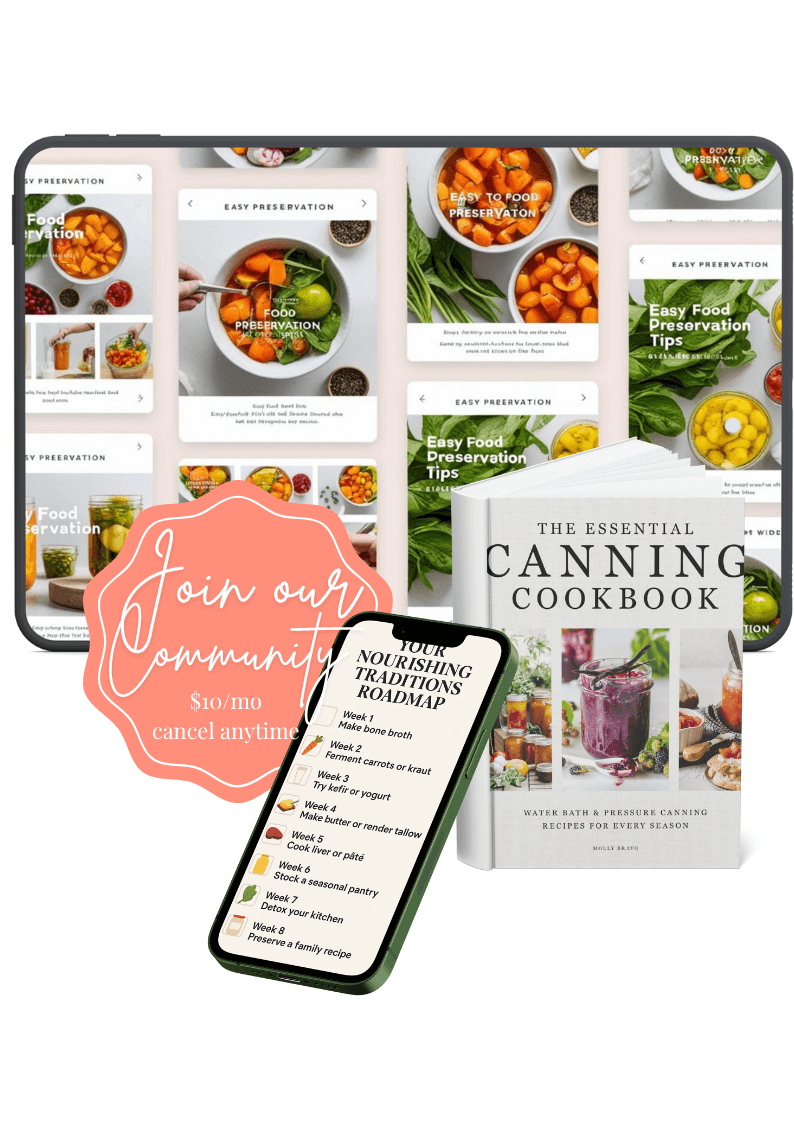
Preserve What Matters Most
This is a movement towards remembering who we are, honoring our roots, and reclaiming our power — together.
And it all starts with one jar, one story, one circle at a time.
Will you join us?
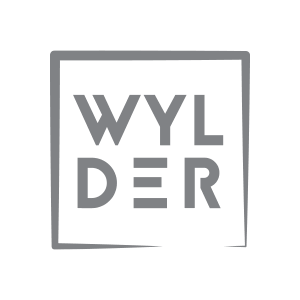
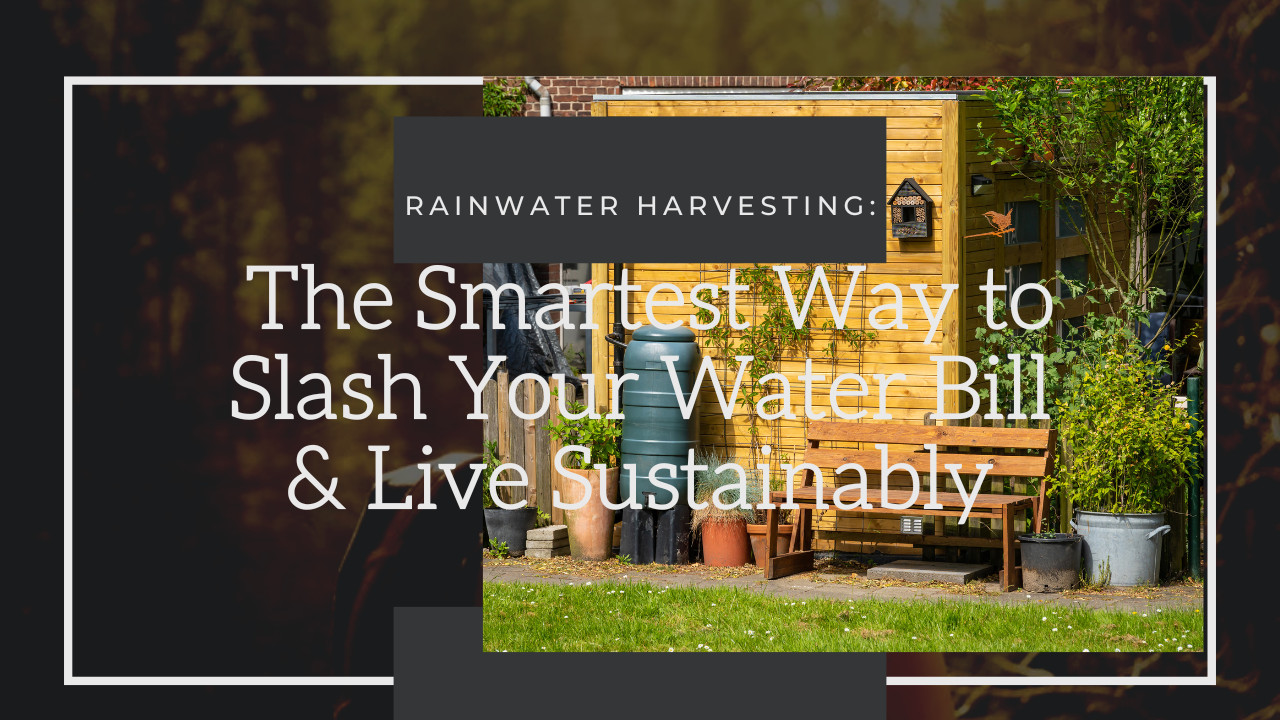
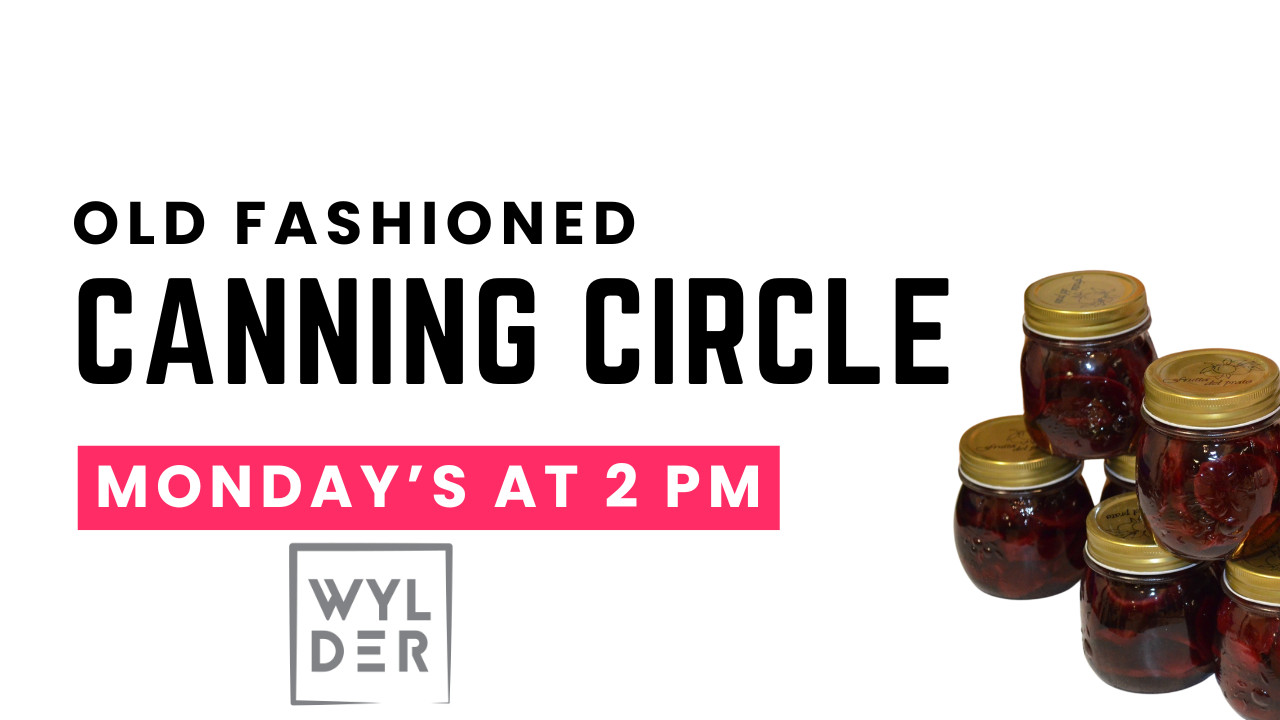
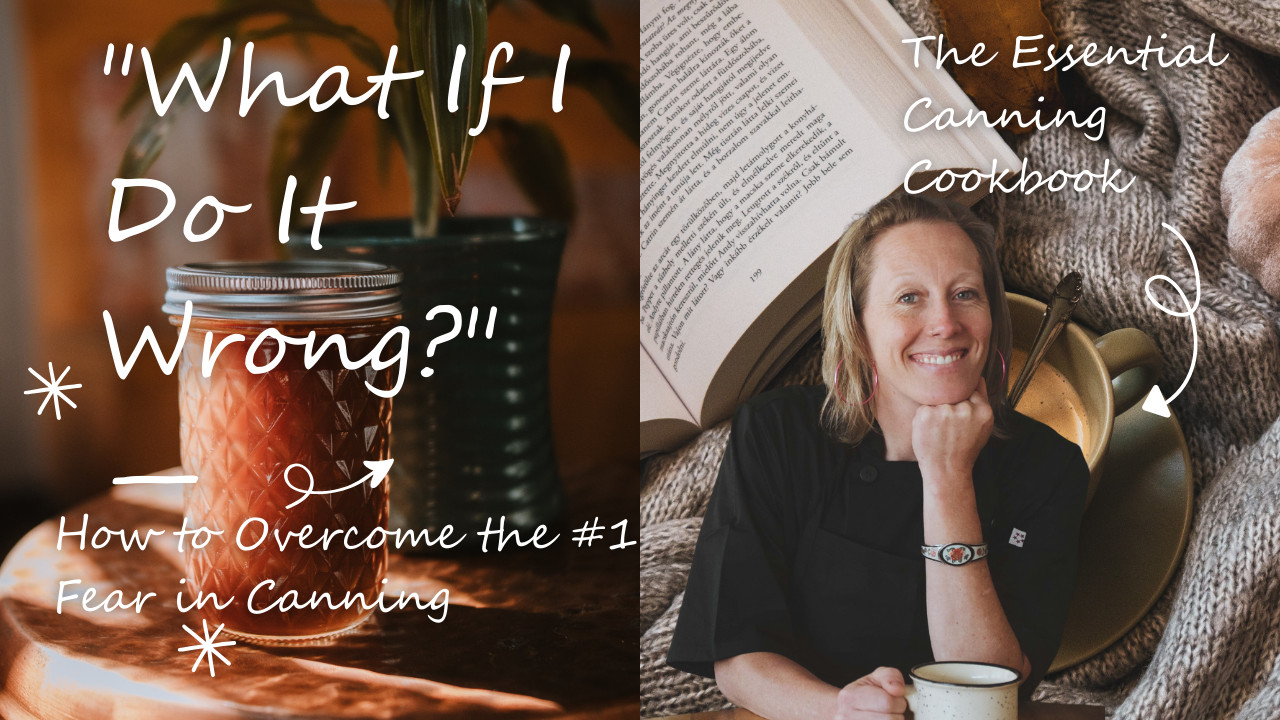
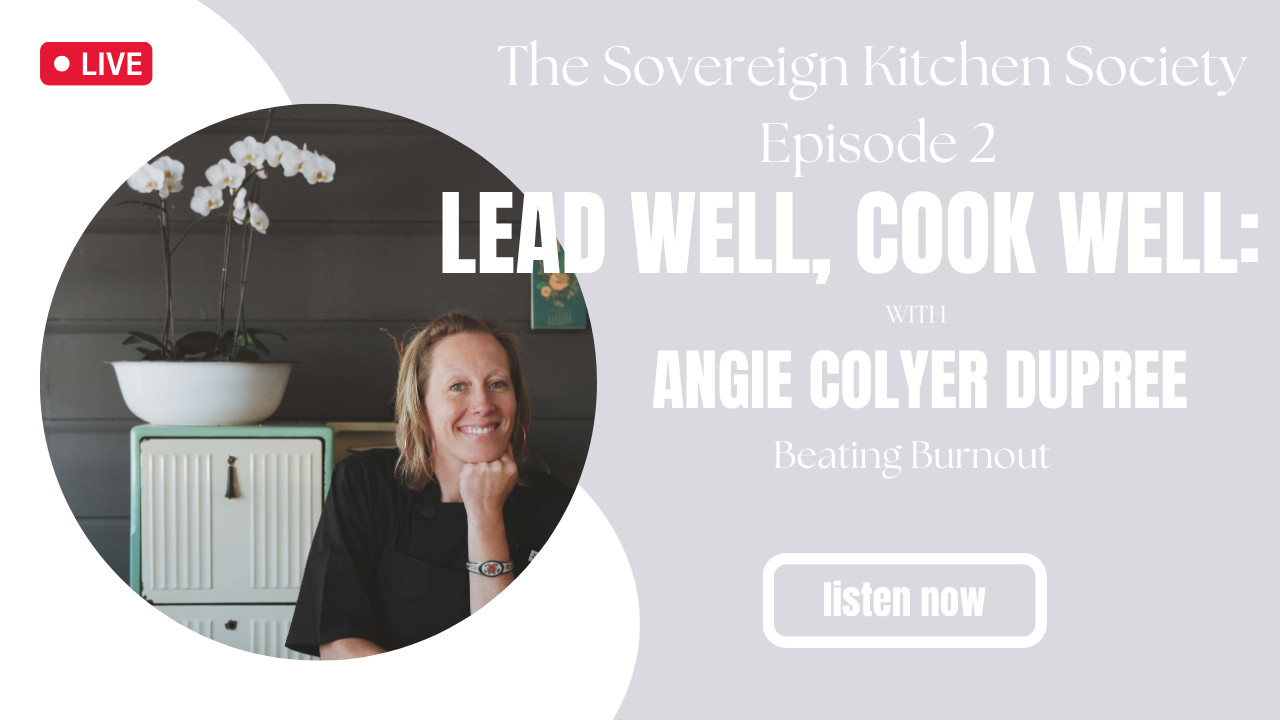
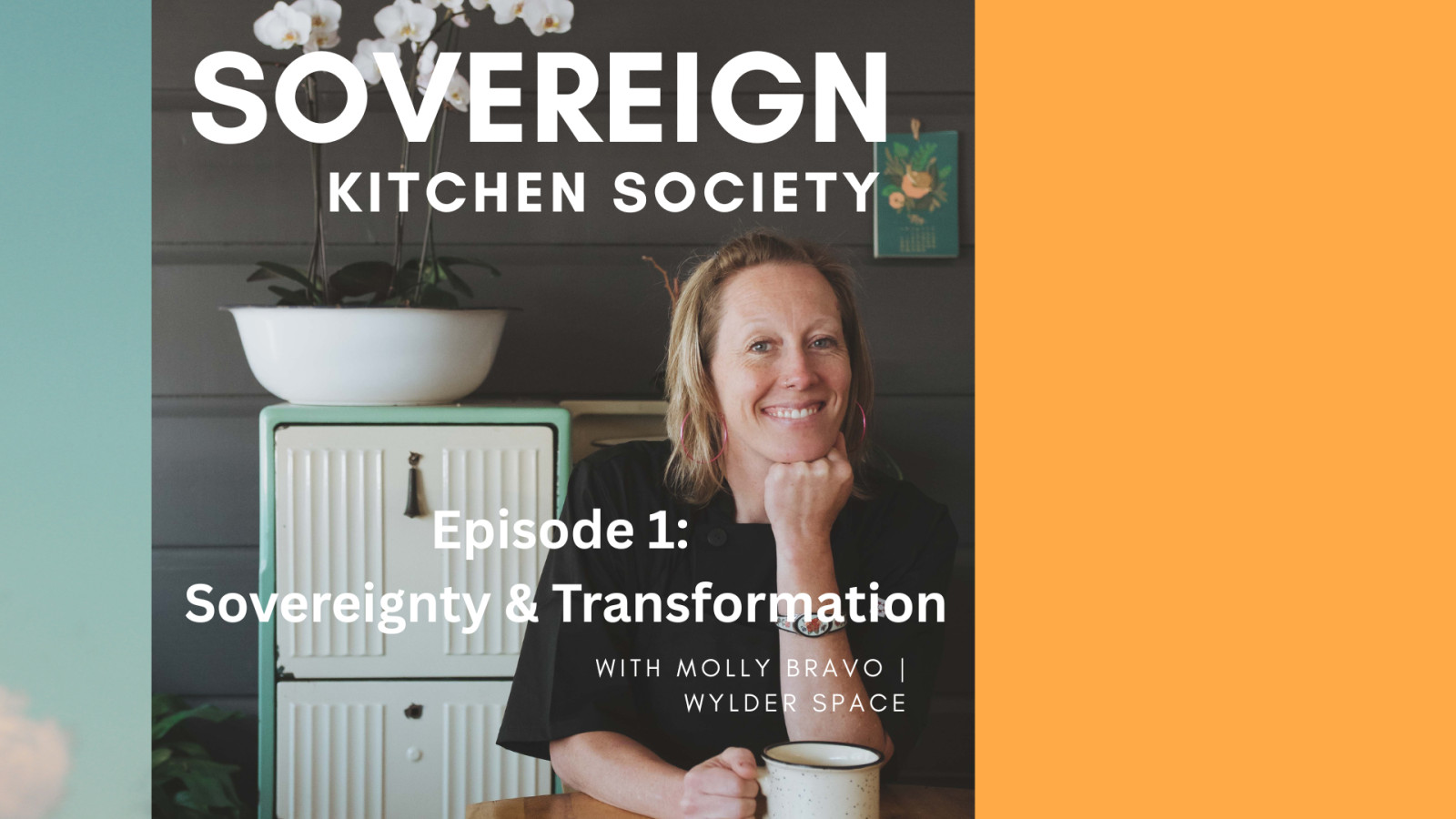
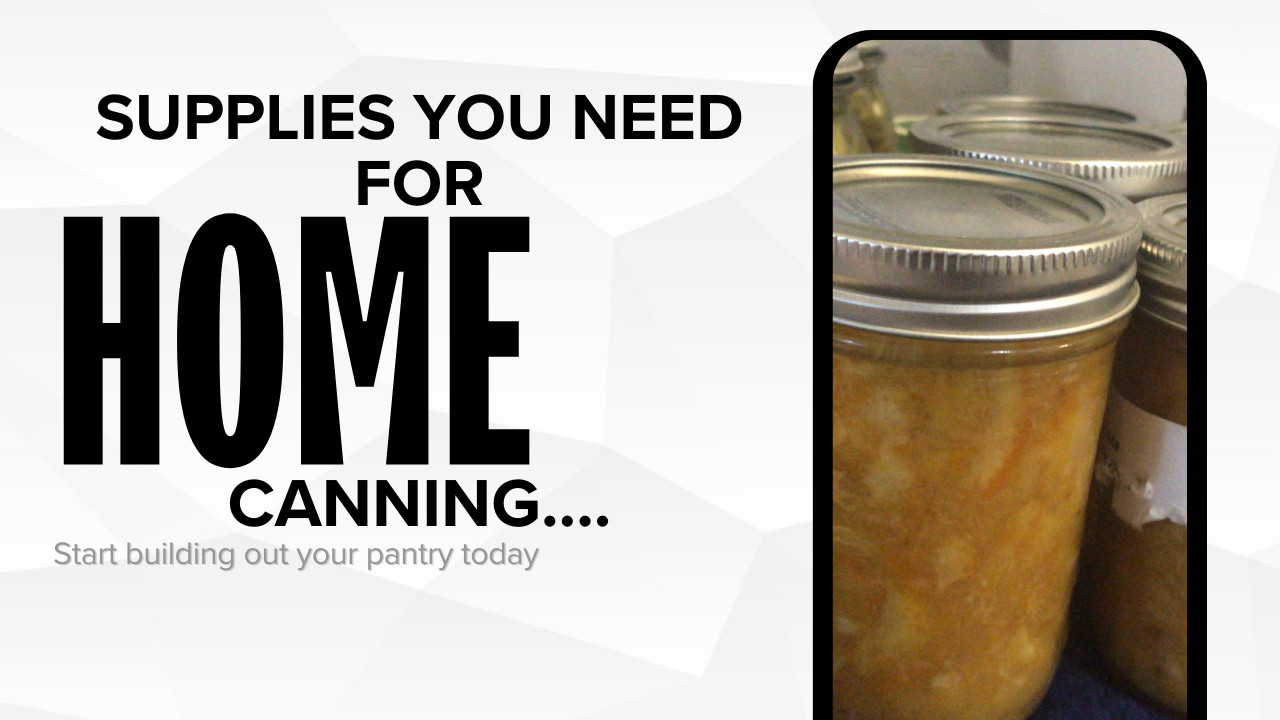
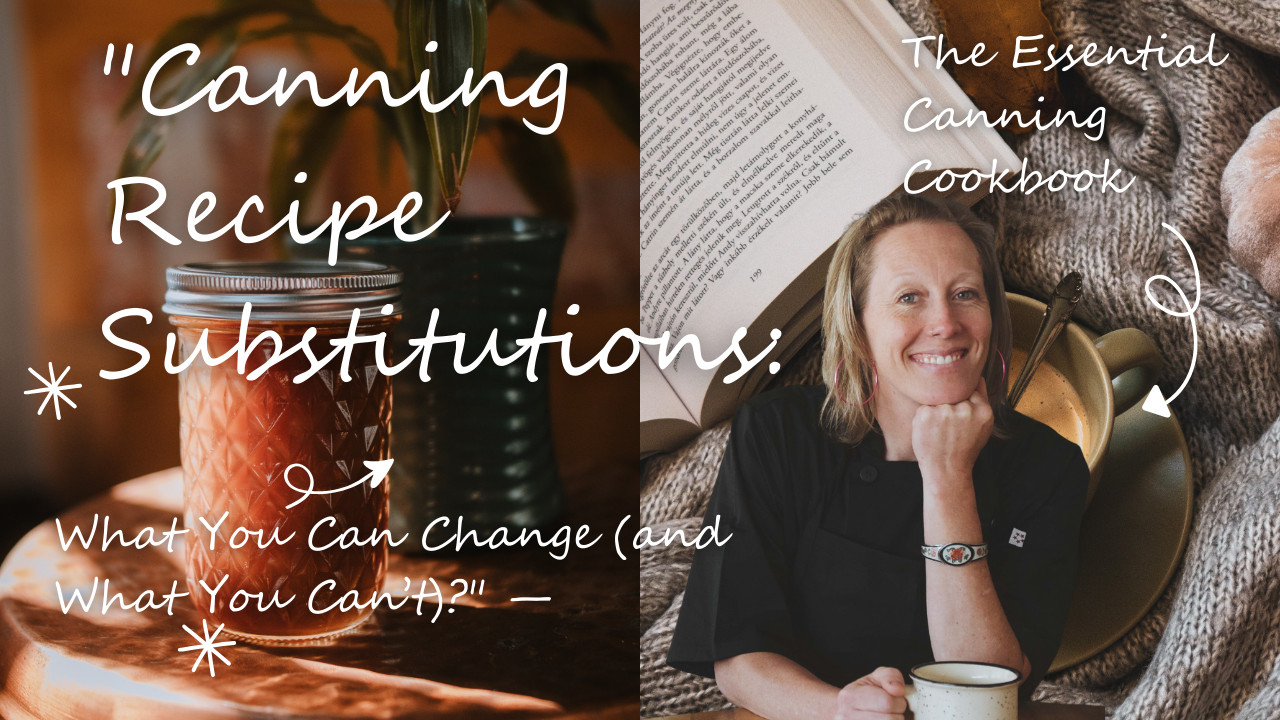
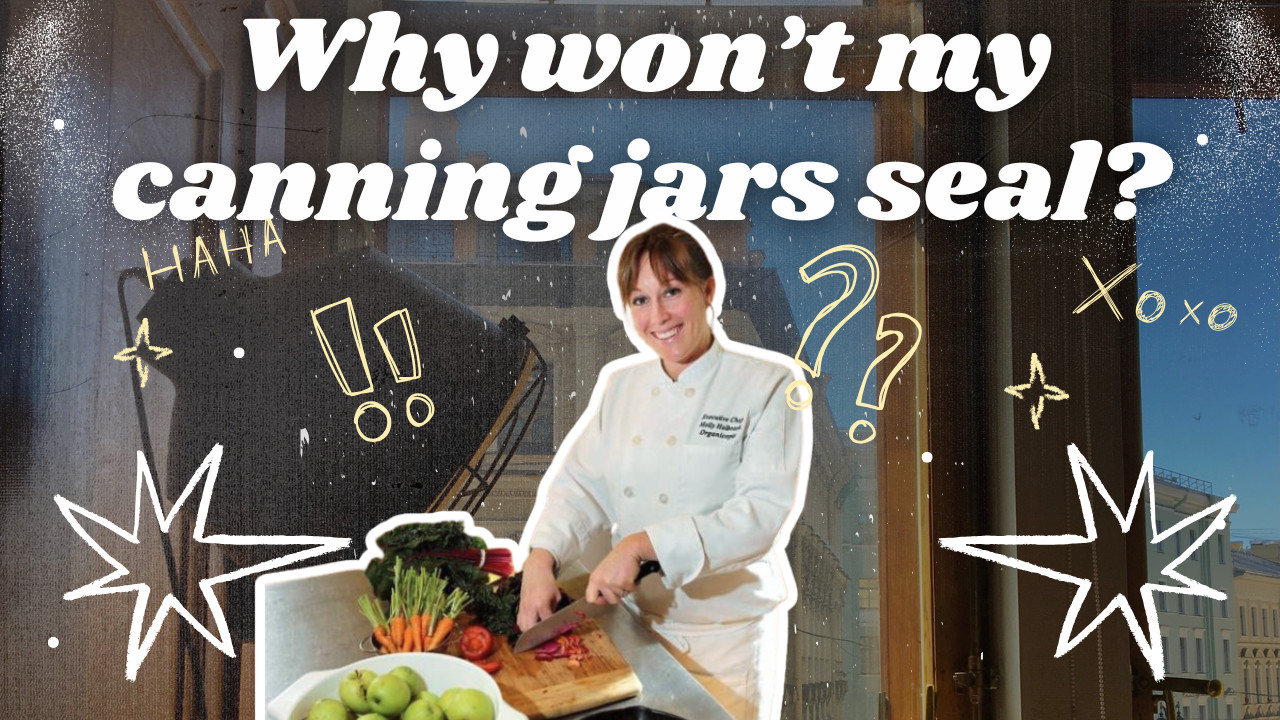
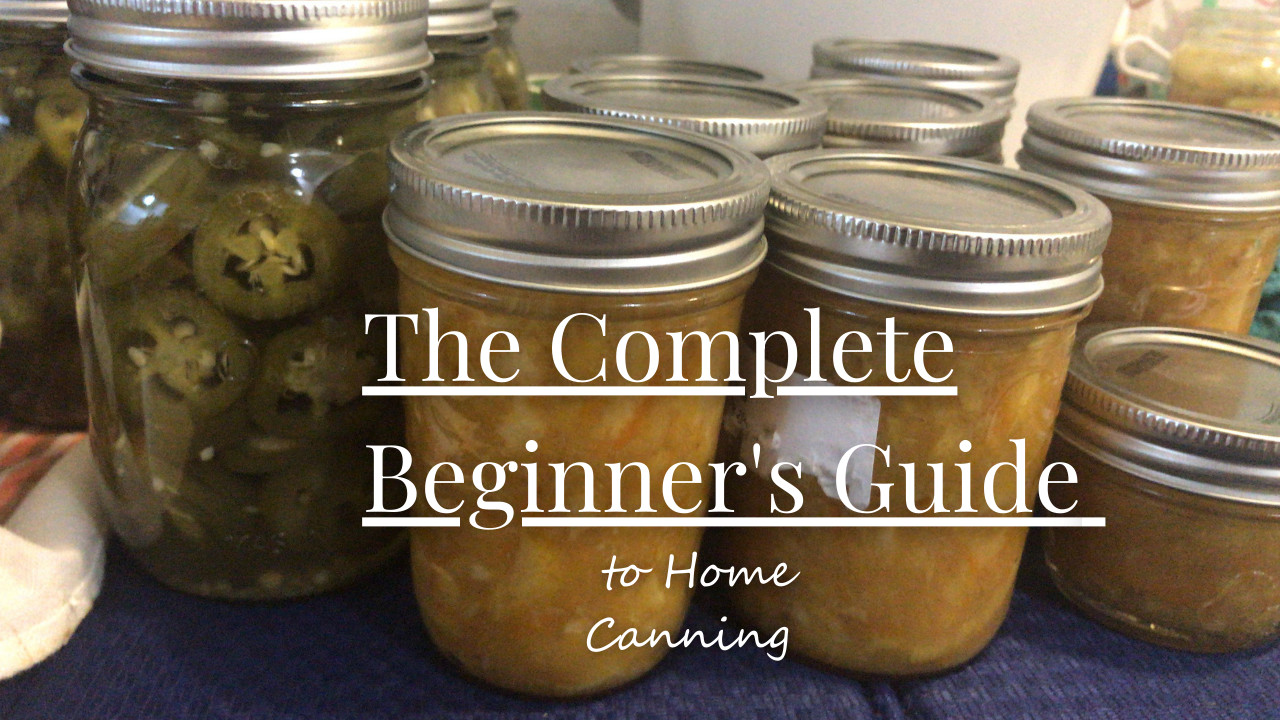
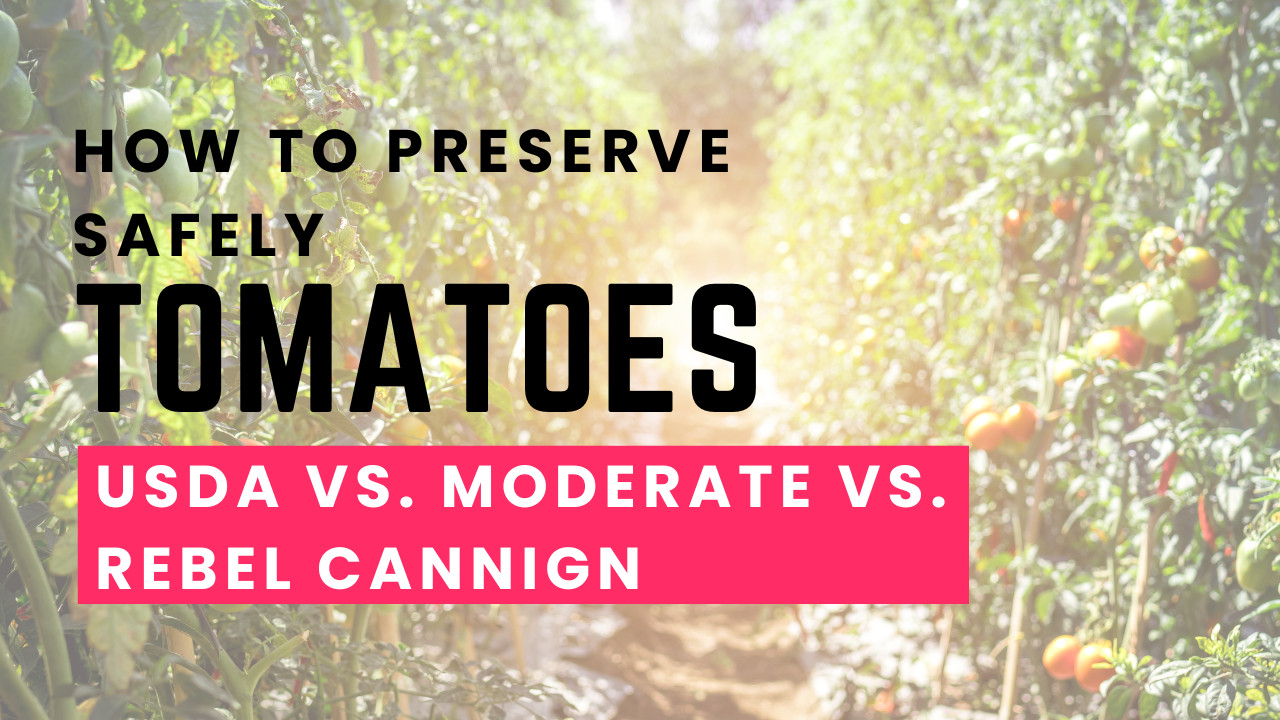
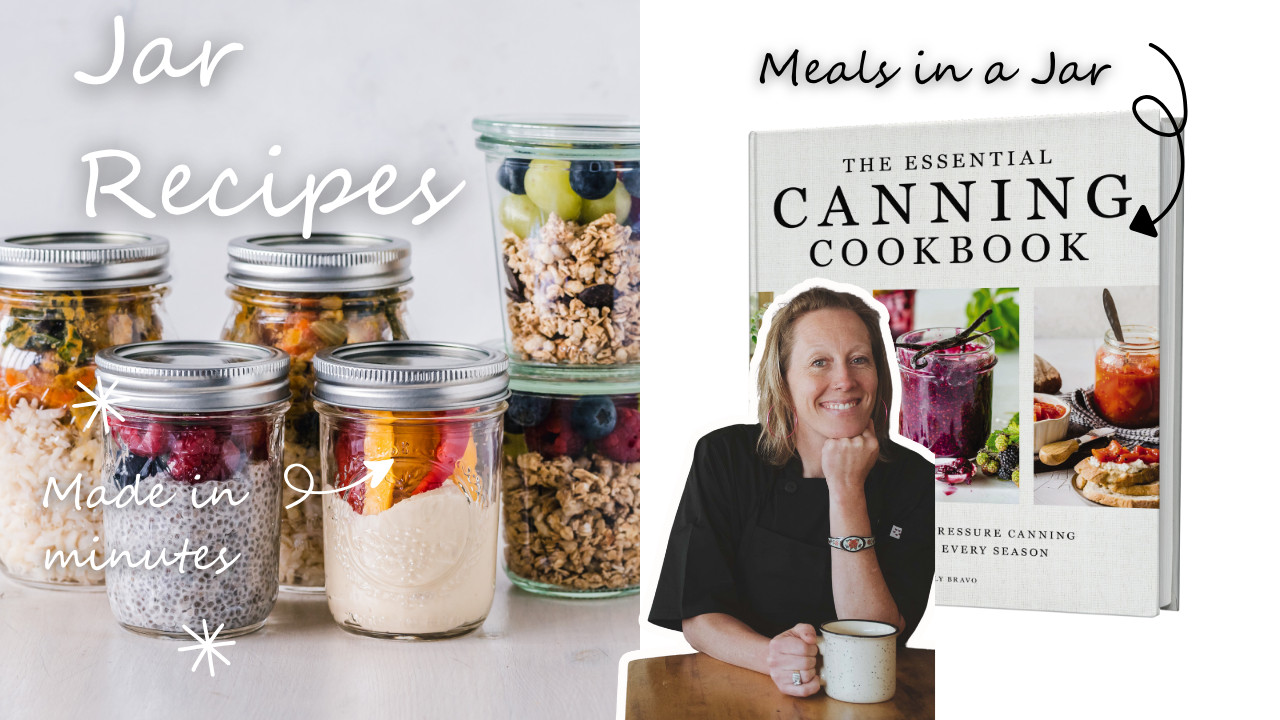
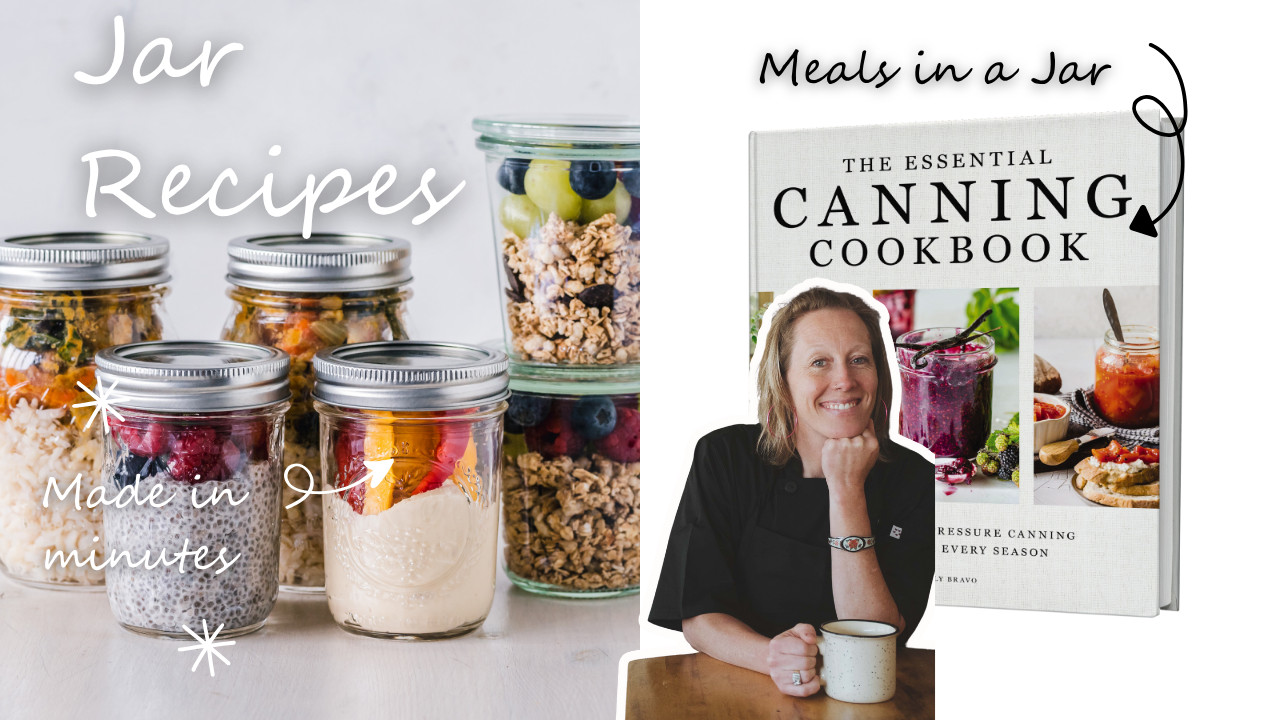
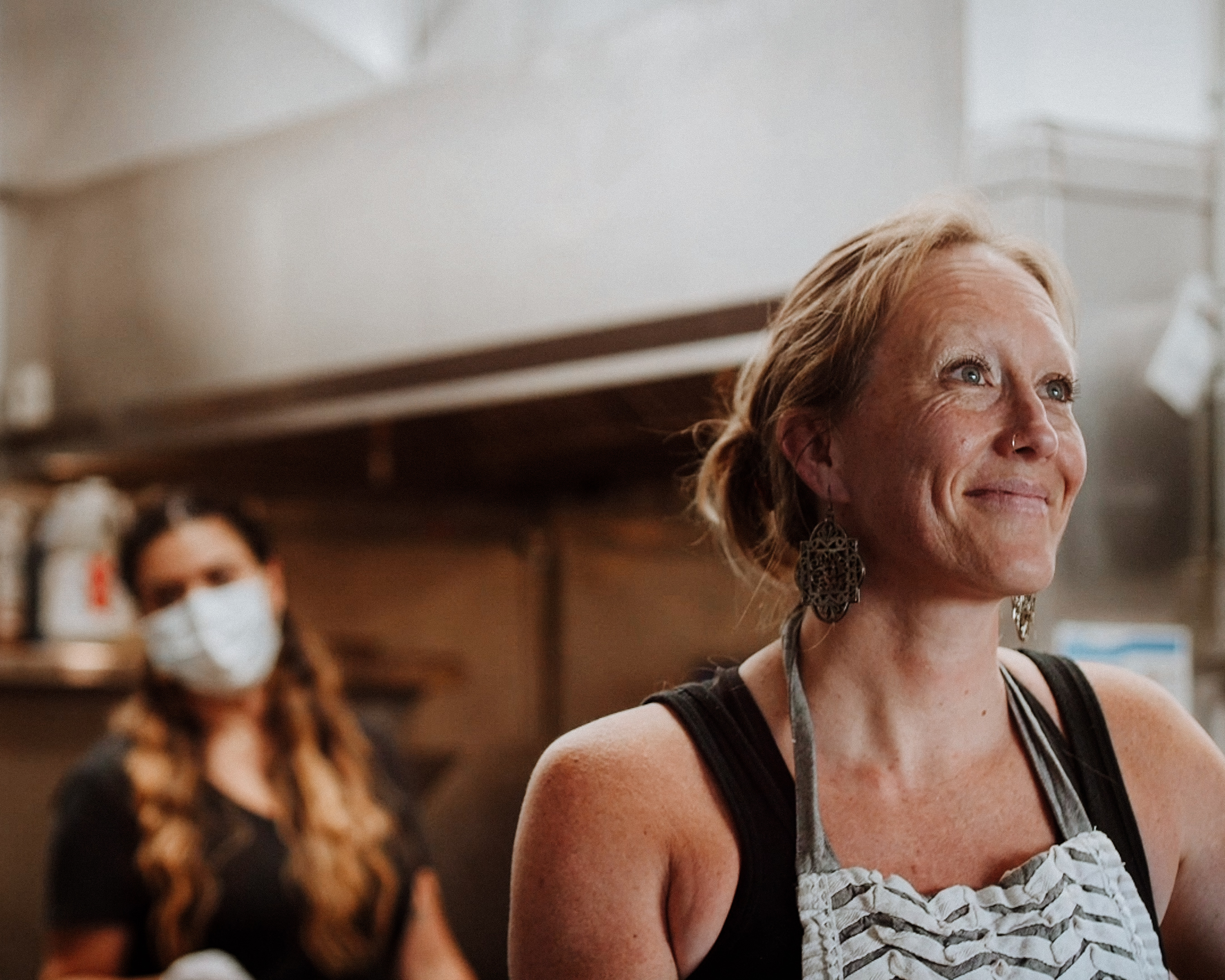
0 Comments